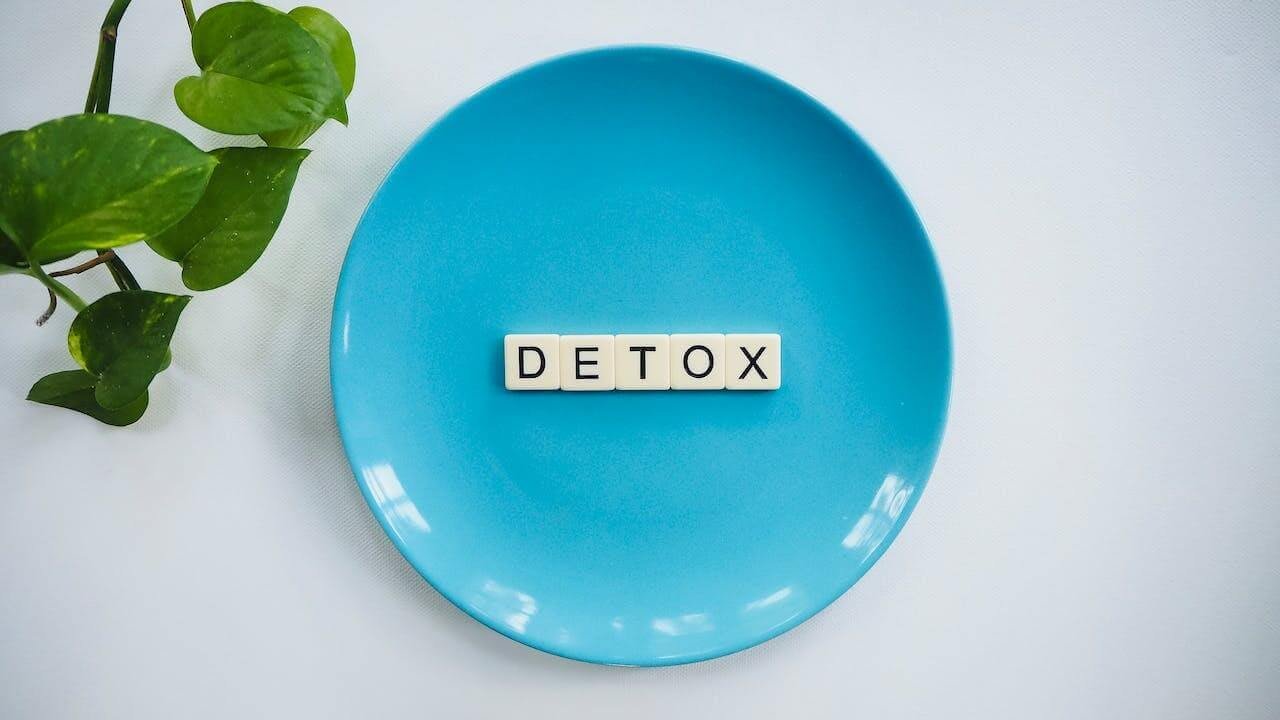Addiction is a widespread issue requiring comprehensive therapy. A key component is detox, helping patients safely remove harmful substances. This article delves into detox’s role, covering steps, outcomes, duration, and where to find quality drug detox facilities.
What is Drug Detox?
As the first stage of addiction treatment, drug detox, also known as detoxification, aims to rid the body of harmful substances like alcohol and drugs. Prior to receiving additional therapeutic interventions that address the physical dependence acquired during active addiction, this step is critical. Detox aims to control withdrawal symptoms, which can differ depending on the kind of drug used, length of use, and individual characteristics. Sweating, anxiety, nausea, insomnia, and, in extreme situations, seizures are possible symptoms. The goal of a well-run detox program with medical supervision is to reduce these symptoms while guaranteeing the person going through detox is safe and comfortable.
What Takes Place When You Detox?
One of the most critical aspects of addiction treatment is detoxification, which starts with a thorough assessment to identify substances in the system, the severity of the addiction, and any co-occurring health conditions. This evaluation guides the creation of a detox plan that is unique for every patient. When it comes to opioid detox, medical supervision is essential. Qualified professionals can prescribe drugs such as buprenorphine or methadone to manage withdrawal symptoms, improve comfort, and reduce complications. During detox, emotional and psychological support is crucial because withdrawal can be mentally taxing. To address these aspects of addiction, counseling, and therapy sessions are frequently included.
Another important component that fights the physical effects of drug abuse and prevents malnutrition is nutritional support. The goal of detox programs is to re-establish a balanced, healthful diet with the addition of supplements if needed. Individuals seeking recovery can be guaranteed a comprehensive and customized detox experience with this all-encompassing approach.
What Is the Duration of Detox?
Detoxification times vary based on several variables, such as the kind of drug misused, when it was used, and personal preferences. Detoxification is generally a brief process that takes a few days to a few weeks. On the other hand, some drugs might have longer withdrawal times, necessitating a longer detox period.
The length of detox is also influenced by how severe the withdrawal symptoms are. Severe withdrawal symptoms may last longer than mild ones. Mild symptoms may go away more quickly. Detox is meant to make sure the patient is stable both mentally and physically so they can move on to the next stage of treatment for addiction.
What’s the Process of Detoxification?
The detoxification process involves steps designed to safely and effectively remove harmful substances from the body. The specific protocol may vary depending on the detox center and the individual’s needs, but these are the essential steps in the detox process:
1. Assessment: To develop a personalized detox plan, consider past medical history and substance abuse.
2. Medical supervision includes ongoing observation, checking vital signs, and handling prescriptions.
3. Management of Withdrawal: Use prescription medicine to manage symptoms while closely observing side effects.
4. Emotional Support: Coping strategies and psychological aspects of addiction are discussed in therapy sessions.
5. Nutritional Support: Use supplements and a balanced diet to combat dietary deficiencies.
6. Transition to Treatment: Following detoxification, patients continue their care with counseling, therapy, and rehabilitation programs.
How Can I Locate a Substance Detox Center?
Choosing a suitable drug detox facility is crucial for recovery. Consider:
1. Licensing and Accreditation: Opt for a licensed, accredited center complying with state regulations and care standards.
2. Medical Personnel: Ensure experienced medical specialists, like physicians and mental health experts, are on staff for safe and effective detox.
3. Comprehensive Assessment: Look for centers conducting thorough assessments for personalized detox plans.
4. Holistic Approach: Choose programs with nutritional support, counseling, and therapy for a comprehensive detox strategy.
5. Care Continuum: Select facilities aiding a smooth transition to additional therapy and post-detox care.
6. Evaluations and Referrals: Check comments and endorsements for care quality and patient satisfaction insights.
7. Location and Amenities: Consider location preferences and ensure facilities meet comfort and security standards.
8. Price and Coverage: Inquire about detox costs, insurance acceptance, payment methods, and financial assistance options.
Conclusion
In summary, medication detoxification is a crucial initial phase in the management of addiction; it acts as a gateway to recovery by addressing physical dependence and equipping patients with the challenges of recovery. The chances of a full recovery are significantly higher when done with therapeutic support and under medical supervision. The first stage of a thorough understanding of the complexities of addiction is detoxification. Recognizing the importance of detoxification is a positive step toward building a supportive, caring community that is committed to helping individuals break free from the hold of substance abuse.

